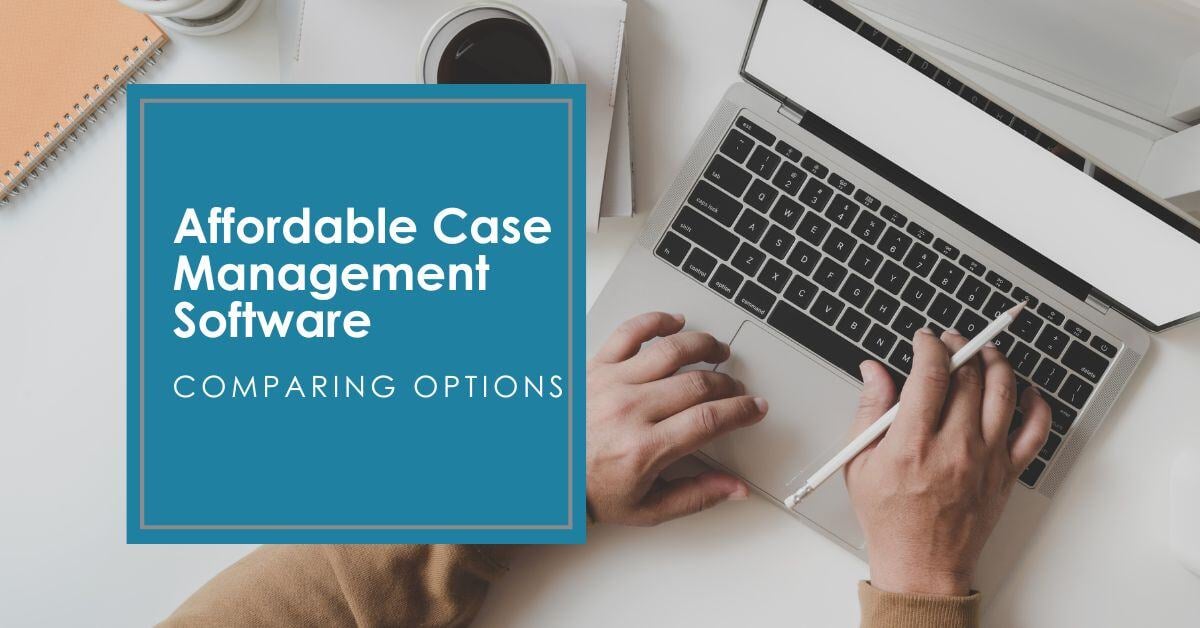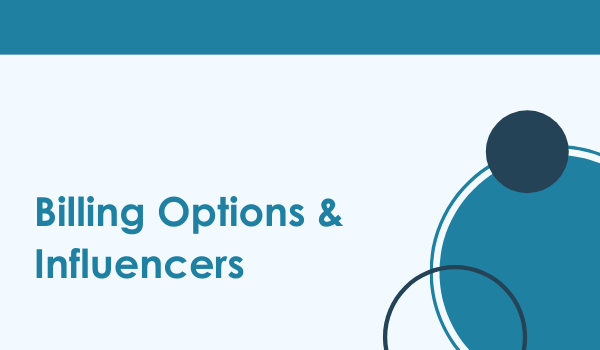Legal Case Management options
There are so many choices out there when it comes to ways to manage cases and your practice. There is the paper-based method, of course. But, that has it's own set of challenges, including requiring so much more time and resulting inefficiency. Then there are tech options. There are so many choices here, too. We review some of the options, including case management software. See which is the best fit for your firm.
Paper Based
While 85% of law firms say they use some sort of technology, that means 15% don't, per a recent report. In a paper-based firm, there are obvious concerns with efficiency, accessibility if away from the office, and the cost of storage.
For paper-based firms, we recommend starting with online storage for documents. It's presumed firms are using some sort of word processing tool to create documents. Since they are already digital, using cloud-based storage lets the firm access documents from anywhere, with approved access. From there, we recommend looking at time tracking and billing tools. In our discussions, firms are spending a lot of time in the billing process, which is easily managed online.
Point Solution Based
These are individual solutions that address individual needs. Remember when reviewing the list below, all data is kept in it's own separate location. This is referred to as data silos. Clearly, this limits automation and requires multiple entry points, which is both time consuming and has a higher risk of error. Below is a list of some options and their benefits and drawbacks.
- Document management systems: Document management systems (DMS) store and organize documents. They can be used to store case files, contracts, and other legal documents.
- Some benefits include version controls, multiple people collaborating on documents, and of course, accessibility.
- The drawback is in the document creation itself. It's a manual process in many systems. Redundant processes are required and as it's done manually, a higher risk of errors.
- Time tracking software: Time tracking software is used to track the time spent on tasks, whether matter related or not. This can be helpful for billing clients and for tracking productivity.
- Benefits include streamlining the process of tracking time and completing the billing process. Most options provide an option to send invoices to clients through email.
- The drawback is in it's very nature. This is a separate data storage location. There is no link to documents, notes, tasks, or anything else related to each matter. Users must manually enter payments and track invoice status.
- Project management software: Project management software can be used to track the progress of matters. Most providers offer the option of assigning tasks, tracking deadlines, and communicating with team members.
- Clearly, the benefit here is to keep everyone on task and focused on matter resolution. One place to monitor the progress of matters is a great help.
- However, there is no connected time tracking or billing option. Most project management software platforms let users attach documents but some don't. So while tasks and resolution is in one place, users need to access multiple tools to get it all done.
- CRM software: Customer relationship management (CRM) software is used to track leads and clients. Most CRM options let users assign tasks, track emails, and add documents to each entry.
- Not only is this great for business development, it's great for retention and awareness. Staying in touch with past clients is a great way to keep your firm top of mind if they are asked for a referral.
- A CRM doesn't allow for time tracking and billing or a client portal. If you are creating documents, as an example, all of the data needs to be entered by hand, even if you have that data in the CRM.
There are many other point solutions but this covers the most prominent.
All point solutions have a few drawbacks in common.
- Data security: The more 'places' your data is stored, the higher the odds of dealing with a data breach.
- Inefficiency: Referred to as data silos, individual point solutions don't share information to streamline related processes.
- Cost: Using multiple point solutions can be quickly expensive. More than a firm will pay for case management software platform.
Case Management Software
Case management software is a software platform purposefully built for lawyers and law firms to streamline and simplify how cases are managed. It tracks case information, deadlines, and tasks, the entire billing cycle and communicates with clients and other stakeholders. Many options include an optional client portal that lets the client access their case information 24/7 as well as upload documents, view and pay invoices, and more.
Case management software can save lawyers time and money. It also improves efficiency and productivity. Consider the points below when reviewing options for case management software.
- Features: Make sure the system has the features you need, such as document management, time tracking, billing, CRM, reporting, and an optional client portal.
- Ease of use: The system should be easy to learn and use.
- Cost: Consider the cost of the system, as well as the cost of implementation and training. Ask providers about features included at each price point, too. Not all platforms offer all features for the lowest published price.
- Support: Make sure the system has good customer support in case you need help. Ask about how users are supported.
- Continual Improvement: Look for software that continues to update features as requested by users or enabled by technology evolution.
- Security: Make sure the system is secure and that your data is protected.
Picking the right option for your firm is really simple when you take into account the benefits and cost of case management software. If your firm is paper-based or using disparate point solutions, the time is now to move to case management software. SimpleLaw, for as low as $39/user/mo, offers all the features law firm need, including the entire billing cycle, CRM, document automation and management, powerful reporting tool, optional client portal, and a full referral system, too. No tiered pricing here. Want to find out more? Contact us - happy to show you around and discuss more about the benefits, and downfalls, of each option.


